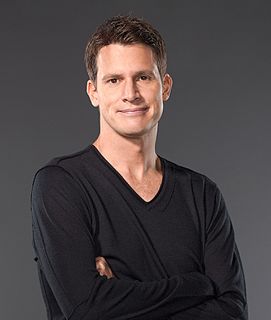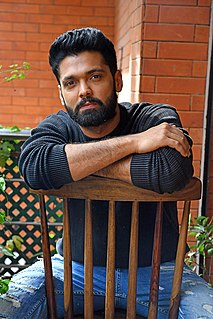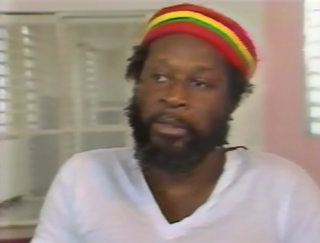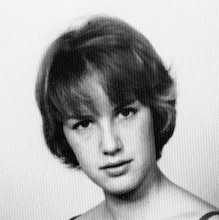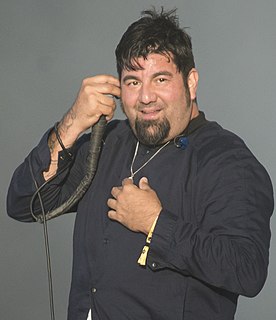A Quote by Anne Applebaum
The idea of social realist art and of Marxist journalism was that: 'We're going to tell people not what things were like, but what they should be like, and what they will be like, and we'll get them to keep focusing on the future.'
Related Quotes
I feel like I should show people that no matter where you come from - you can get beat by your stepdad, if you get picked on for your clothes and having no money - I just feel like everyone should know it will be all right as long as you keep focusing on trying to move forward and looking at the positive things in life.
I like to keep people around me like the guys I have on the road with me, three of them were childhood friends of mine when I was growing up in Scotland. They don't look at me any different than when we were in primary school. So it's good to keep people like that around you. I think if you surround yourself with good honest people, they will tell you what to hear when you need to hear it.
Every year on my birthday I get a small dash on my inner thigh where my balls currently hang. You can't tell me that's not going to be a beautiful work of art when it's finished. My grandkids are playing with my balls, they can't figure it out. They're like, 'What are these things?' I'm like, 'It's your future, read the chart.' They don't stop growing; they're like earlobes. That joke was inspired by a door that wasn't locked when I was 11.
Independent films are very hard to get made, but I'm lucky enough to get them made, so I'm going to keep doing it. I like my independence. I like being able to tell a story the way I want to tell a story. I don't like developing it with a team. I like coming to a story and deciding whether I want to do it or not.
People act like art is a white thing - or not for people of colour - when, really, so much culture and art comes from people of colour. I want everyone to get into what I am doing. So sometimes I don't like to work just in an art context because it feels like a lot of people aren't going to see it. I like it to be a part of everyday life.
Tell me what's wrong with this idea: If you're selling to somebody, find someone like that person to sell to them. If you're trying to reach swing voters, if you're trying to reach people on the fence, if you're trying to reach Republicans who are unsure about this candidate... get people who switched! Get people who are registered Republicans. Get people who were George Bush voters who can't bring themselves to do it again. Talk to them, get them to explain what their reasons are, and show them to people. What's wrong with this idea?!
I think if you like somebody you have to tell them. It might be embarrassing to say it, but you will never regret stepping up. I know from personal experience, however, that you should not keep telling a girl that you like her after she tells you she isn't into it. You should not keep riding your bike by her house either.
I like to tell the students the radio business's like surfing. You get knocked off your board by a wave, you get back up, stabilize, regain your balance and keep going. One thing I can guarantee them is that everything will change. You have to be ready for it. But that's life. Life constantly changes.
I don't get particularly precious about things like this, though. Like the record company said, "We need a radio edit that delivers the hook" - I don't even know what they consider the hook in that song ["Oh No"] - "that delivers the hook sooner." So I'm like, "Okay. I see that." And they were all walking on eggshells, like is this going to be sacrilegious to me or something, to mess with this art I've created? And I'm like, "Great. I get to tinker with it, I get to mess with my song some more."
[Photographer Julian Wasser] had this great idea that I should play chess naked with Marcel Duchamp and it seem to be such a great idea that it was just like the best idea I'd ever heard in my life. It was like a great idea. I mean, it was - Not only was it vengeance, it was art, and it was, like, a great idea. And even if it didn't get any vengeance, it would still turn out okay with me because, you know, I would be sort of immortalized.
When you're a little kid, you just like music that makes you happy and is fun. As you get older, you reach college or your 20s and you decide that music should be challenging and all art should be smart. So you start to think it makes you like high art more to put down things you consider low art. I don't even think things are low art.
I have a feeling a lot of the records I grew up listening to and the records I still like, as hard as musicians worked making them, I feel like they were really enjoying what they were going through. They weren't just going through the process. You can tell that with certain things that you listen to.




